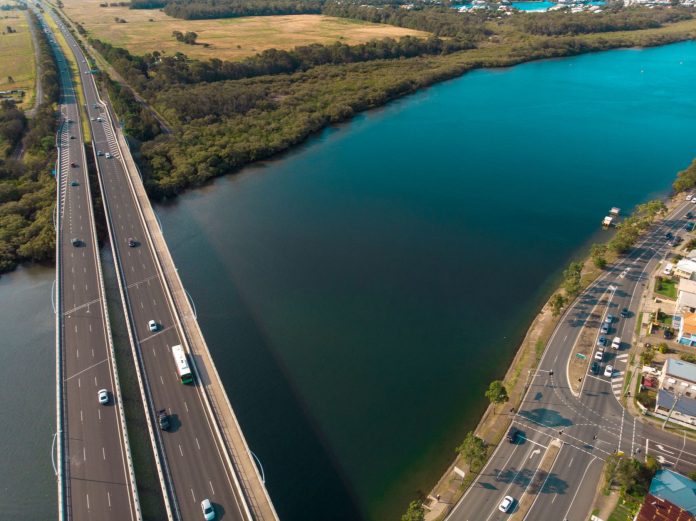Sunshine Coast Council has introduced a special taskforce of water protection officers to police pollution in the region.
This follows concerns that construction site run-off and erosion are damaging our prized waterways.
The new Construction Management and Waterway Protection Taskforce team will crack down on all parts of the construction sector.
It will target residential builders, contractors and developers who are falling short of their legislated environmental responsibilities.
This includes unlawfully depositing soil or other contaminants in waters, roadside gutters or stormwater drains.
The council officers have the right under the compliance and enforcement policy to issue a statutory notice requiring remedial action to be taken, as well as fines ranging from $2067 to $10,338 per offence, or prosecution through the courts.
Pumicestone Passage and its catchment has been identified as a top priority, along with the Mooloolah River and Maroochy River.
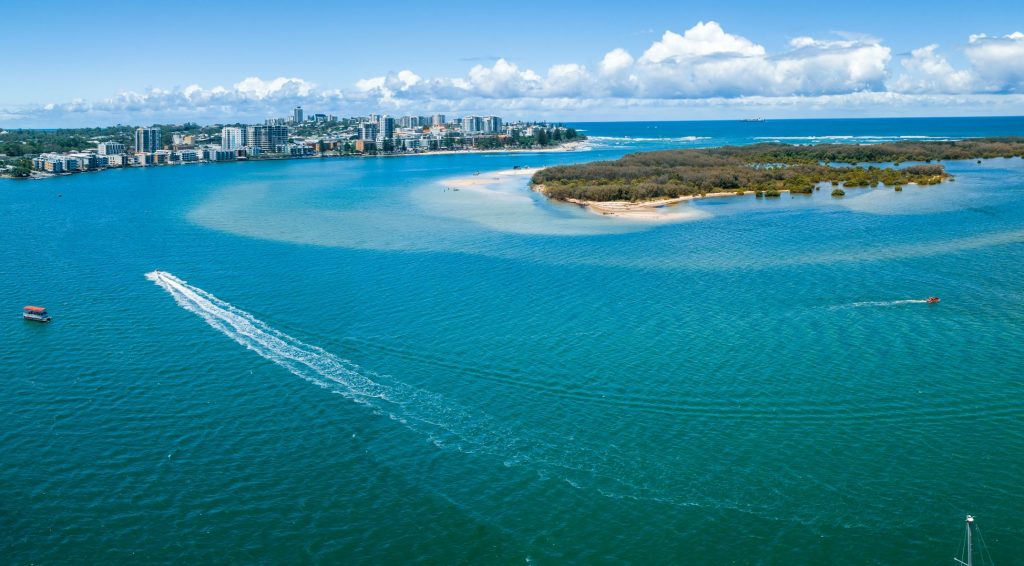
The 2021 annual Healthy Land and Water Report Card for Pumicestone Passage shows its catchment declined slightly from excellent to good condition, with a B+ environmental rating.
Mooloolah River (C+) has improved slightly and remains in fair condition, while Maroochy River (C+) remains in a fair condition.
The taskforce, made up of waterway protection officers and an environment officer, will be funded through council’s Environment Levy.
It will need to make a difference quickly, with funding at this stage only secured for the next three years.
Council’s Environment and Liveability Strategy has a target to achieve consistently good to excellent grades across all our river catchments by 2041.
A council spokesperson said the taskforce was currently undertaking a proactive erosion and sediment control inspection program.
This was targeting construction hotspots throughout the Sunshine Coast region and responding to reports from concerned community members.
The inspection program will also focus on high-risk sites such as developments located near waterways and environmentally sensitive areas.
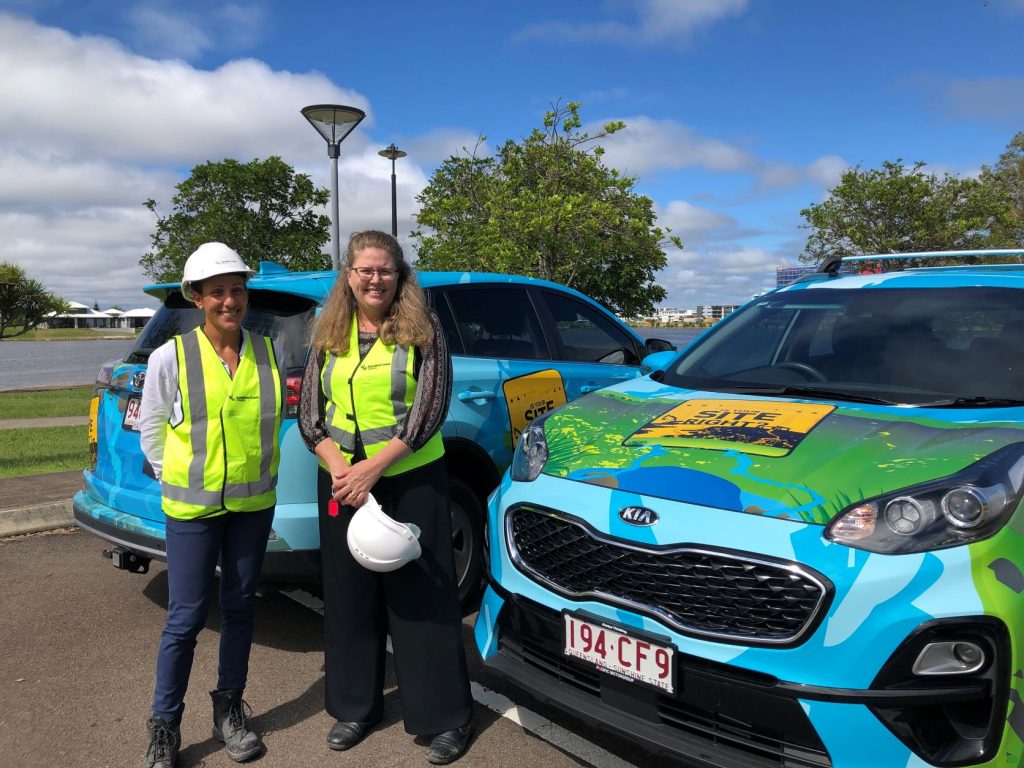
Sunshine Coast Council Environment and Liveability Portfolio Councillor, Maria Suarez, said Pumicestone Passage, Mooloolah River and Maroochy River were all highly valued and enjoyed by the community.
Cr Suarez said everyone had a role to play in keeping them ecologically healthy – including the building industry.
“Over the next three years, council has committed to this special team to focus on a comprehensive education and regulatory approach across all parts of the construction section from residential builders through to contractors and developers,” she said.
Do you have an opinion to share? Submit a Letter to the Editor with your name and suburb at Sunshine Coast News via: news@sunshinecoastnews.com.au
“Waterway pollution from development or construction sites is easily preventable by having the right control measures in place for erosion and sediment.”
The renewed action on compliance will enforce best practice in managing erosion, controlling sediment run-off and reducing pollution to improve the health of our waterways.
It comes as the region experienced significant rainfall during the recent severe weather event that drenched South-East Queensland earlier this month.
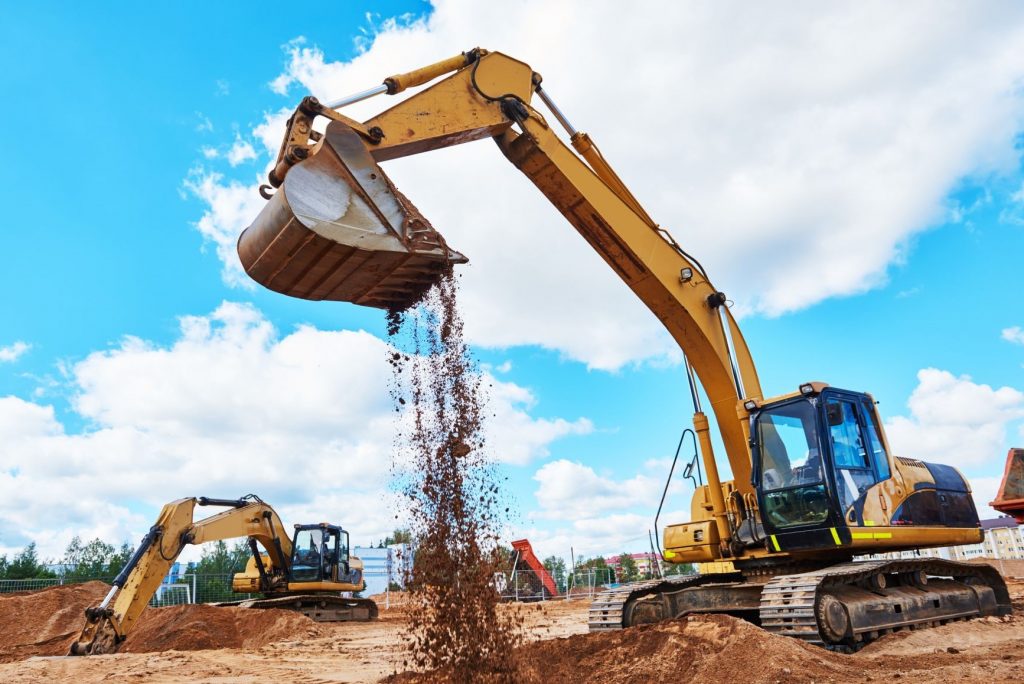
During rainfall, large amounts of sediment can be washed into waterways from the exposed soil of cleared land including building sites.
Run-off from building sites – such as when carparks are dug on large unit complexes – can cause untold damage to waterways, harming marine creatures and ecosystems.
The council website says that not only is waterways pollution from developments or construction sites preventable with good planning and by using the appropriate erosion and sediment controls, it is the law.
Help keep independent and fair Sunshine Coast news coming by subscribing to our free daily news feed. All it requires is your name and email. See SUBSCRIBE at the top of this article.
“It is an offence under the Environmental Protection Act 1994 to unlawfully deposit soil or other contaminants in waters, a roadside gutter or stormwater drain,” the website states.
“It is also an offence to carry out earthwork that exposes the earth in a way where soil could reasonably expected to wash or otherwise move into waters, a roadside gutter or stormwater drainage, without taking all reasonable and practical measures available.”
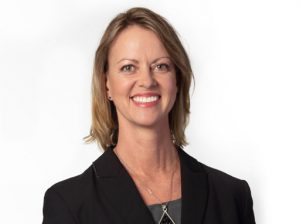
The council spokesperson said taskforce officers would work alongside the construction industry and community, and their role would include a mixture of education and regulation.
Taskforce officers would be carrying out regular inspections where required and scheduled to review erosion and sediment control compliance of both building and development sites across the region, the spokesperson said.
Cr Suarez said the council was dedicated to the ongoing protection and management of waterways and catchments for the environmental value and the liveability of the region for residents.
“Through the Environment and Liveability Strategy, council is continuing to invest in major environmental management programs that support catchment and waterway health, to ensure the Sunshine Coast’s natural assets are preserved and enhanced,” she said.
“Waterway health can vary from year to year as a result of environmental conditions such as rainfall, which affects the levels of pollutants that enter our waterways.
“Everyone has a responsibility to maintain and manage sediment and waste entering our waterways to ensure their ongoing protection.”
Local journalists supporting local people. Help keep independent and fair Sunshine Coast news coming by subscribing to our free daily news feed. All it requires is your name and email. See SUBSCRIBE at the top of this article.
Online tools – prepared by the Department of Environment and Science, Master Builders Queensland, the Housing Industry Association (Qld) and Healthy Land and Water Ltd – can help builders and developers meet their erosion and sediment control requirements.
These resources are available on the Healthy Land and Water Erosion and Sediment Control Toolkit page.
The factsheets and compliance guidelines provide technical advice and mobile user-friendly checklists to prevent sediment leaving building and construction sites and reaching waterways.
Contact council’s development services to report sediment or litter entering a roadside gutter, stormwater system or waterway.
Reports about significant pollution incidents can be made to the State Government 24/7 pollution hotline on 1300 130 372.
Visit the council’s website for more information on the Construction Management and Waterway Protection Taskforce.


